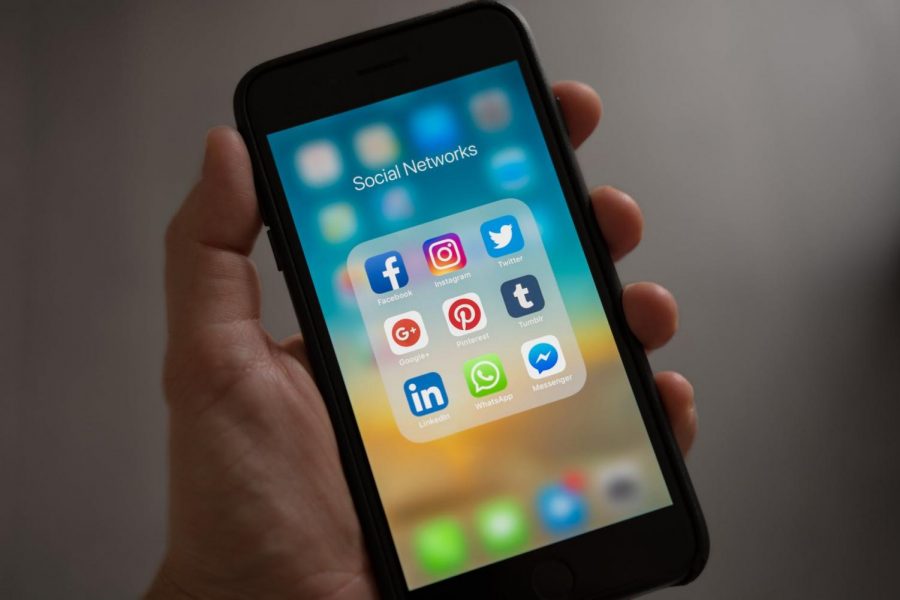The Freedom of Speech Fallacy
Many social media users are mistaken that they have “freedom of speech” on their social media platforms.
Photo By: Tracy Le Blanc
Social media platforms are not an extension of the government. Therefore, they can control the speech on their platforms if it violates their term of conditions.
The omnipresence of social media makes itself all but unknown to global populations and, in turn, people have birthed a presence of their own amidst the incandescent applications. It is an inevitability that conflict and chaos should ensue as the count of individuals rises, for that is human nature.
However, the American population has engulfed the platforms they operate on with senseless chaos regarding the freedoms they believe themselves to be entitled to as if folly was sought after since the beginning.
Many Americans are familiar with the Constitution, as that is where their individual rights stem from. More specifically, many look towards the Bill of Rights’ first amendment, allowing the freedom of speech as a safeguard against the repercussions of the odes they release online.
Perturbation ensues amidst individuals should they find themselves banned from Twitter or Facebook, following a comment or post they made, and possess an audacity to release their venom upon the app itself, with the all too common claim that their ban is violating their first amendment. While it is true the American people exist in a free state, it is a misconception that their freedom of speech extends to the social media they operate on.
The First Amendment is and has been a powerful tool utilized for generations as a means to incite change in the country and enable the people of the nation to voice their grievances. What many fail to realize though, is the freedom of speech extends only as far as protection from the persecution of the government.
The social media platforms the average American utilizes in their day-to-day lives are privately owned businesses – they do not exist as a part of the government. Therefore, they have dominion over what can and cannot be said amongst their users.
The folly and fallacy regarding the “injustice,” of being banned from a private organization’s business page becomes clearer when one considers that every user must sign a digital agreement upon creating an account, acknowledging the terms and service of the platform they are using.
Social media exists as private organizations with no government control, as well as even making the rules of the platform immediately clear from the beginning, and yet some may still violate said terms, receive a ban, and plea a right of theirs was violated. Such ignorant actions have become commonplace as a result of increasing entitlement amongst the American people, as well as a lack of understanding of their own rights and freedoms.
Should one be banned from their favorite social media platform, they have the right to be upset, and even an opportunity to appeal the ban, but the organization is also well within their rights to enact a ban in the first place, regardless of the reason. Such incidents can be as easily remedied as taking the time to read, and understand the rights one processes in their own country, and take responsibility for violating the terms one receives, should you be unhappy with this arrangement, then perhaps social media should remain forever out of your reach.
—-
If there are issues with this article, report it here.


